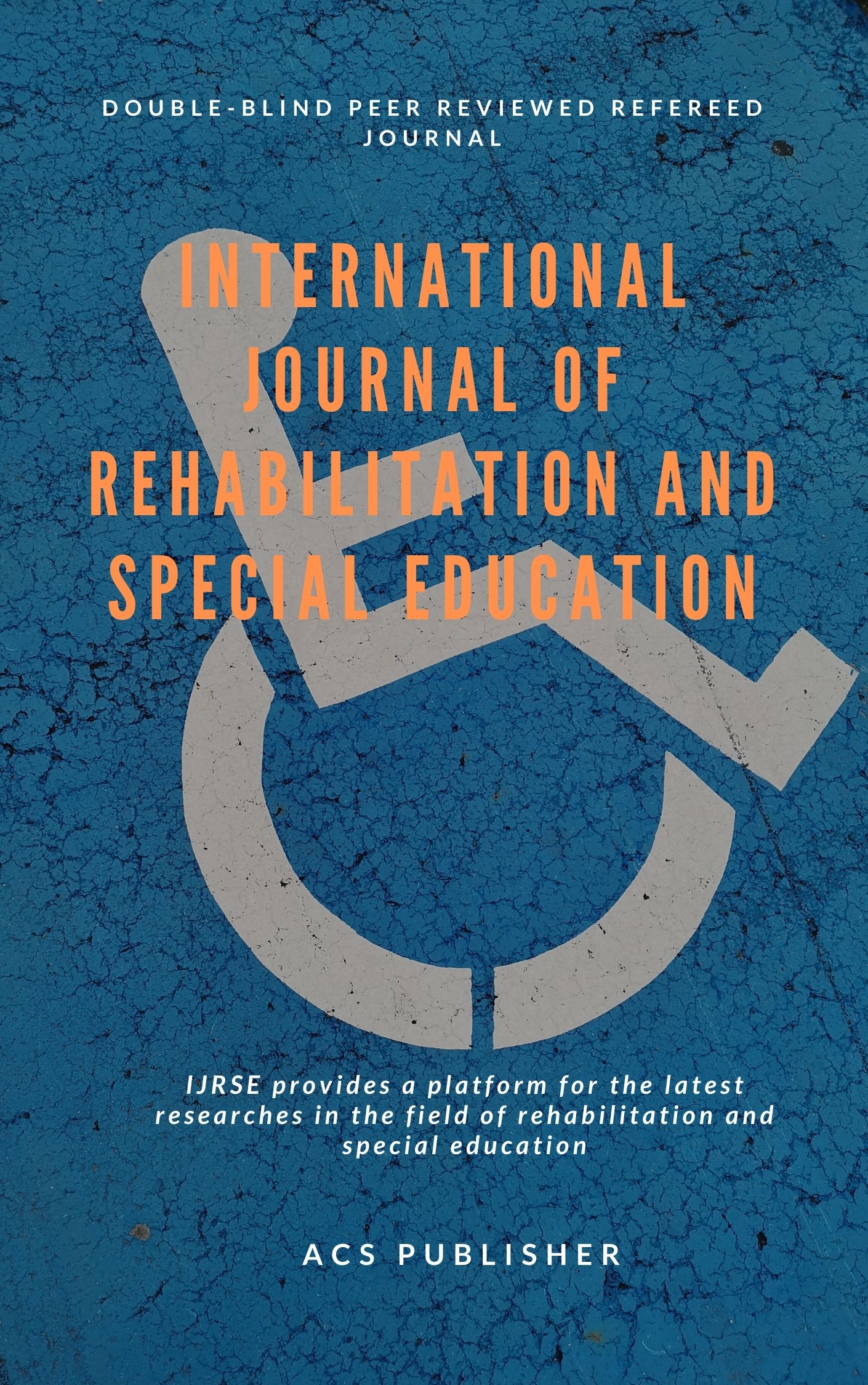Nurturing Leadership and Capacity Building for Success: Empowering Growth
DOI:
https://doi.org/10.48165/ijrse.2023.3.2.5Keywords:
Capacity building, Empowerment, Leadership, Success, Skills Development and Collaboration and NetworkingAbstract
In a rapidly evolving and complex world, organisations and individuals alike strive for success and growth. However, achieving sustainable success requires more than talent and resources; it demands effective leadership and the development of robust capacities. This piece of work explores the concept of empowering growth through nurturing leadership and capacity building. By examining the interplay between leadership and capacity building, we uncover the transformative potential of equipping individuals and teams with the necessary skills, knowledge, and mindset to adapt, innovate, and thrive. We delve into various strategies and approaches that foster leadership development and capacity building, including mentoring, training programs, and organisational support systems. Moreover, we explore the critical role of visionary leadership in fostering a culture of continuous learning, empowerment, and resilience. This abstract serves as a guide for organisations and individuals seeking to unlock their full potential and achieve sustainable success by investing in leadership development and capacity-building initiatives.


